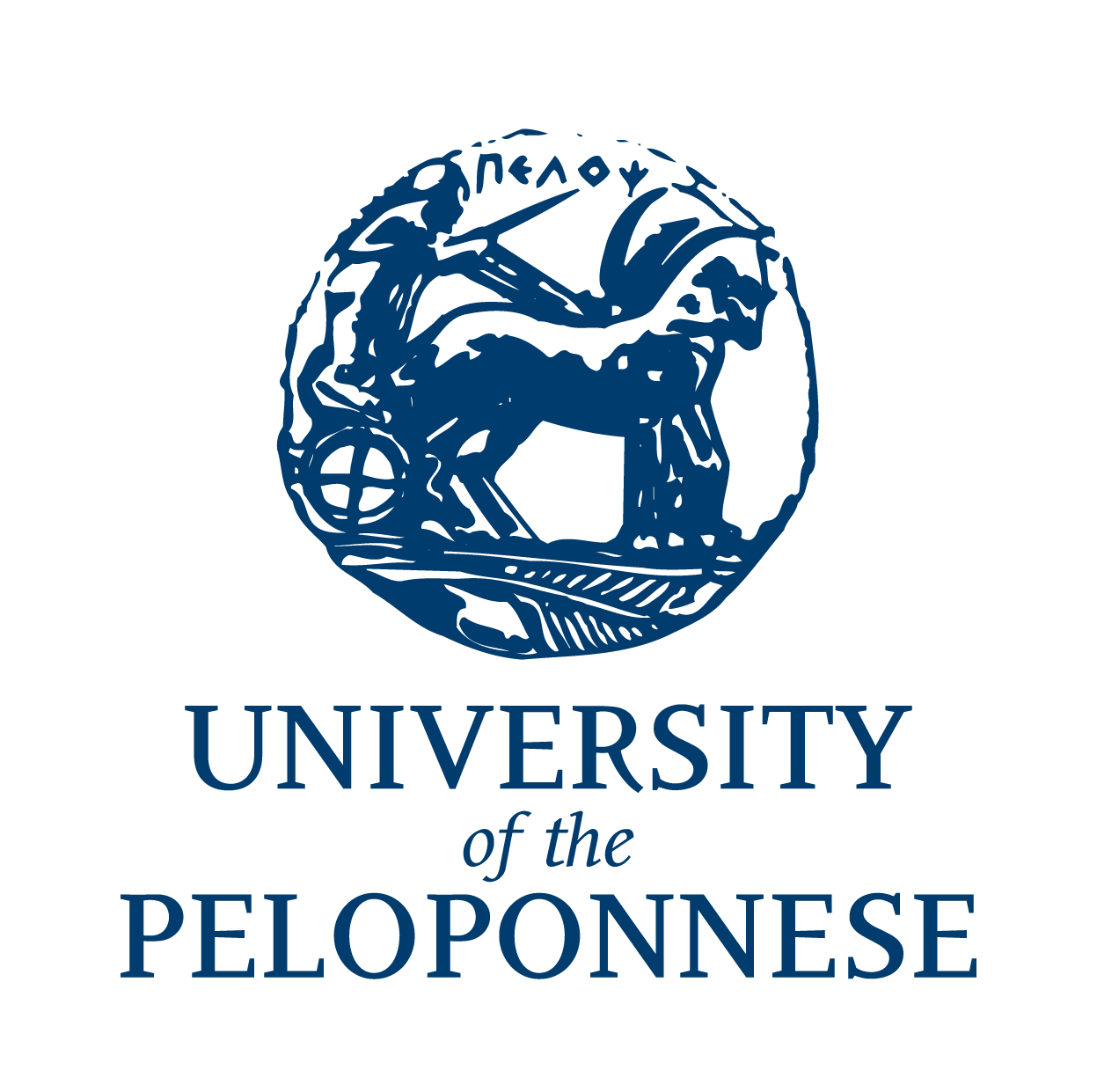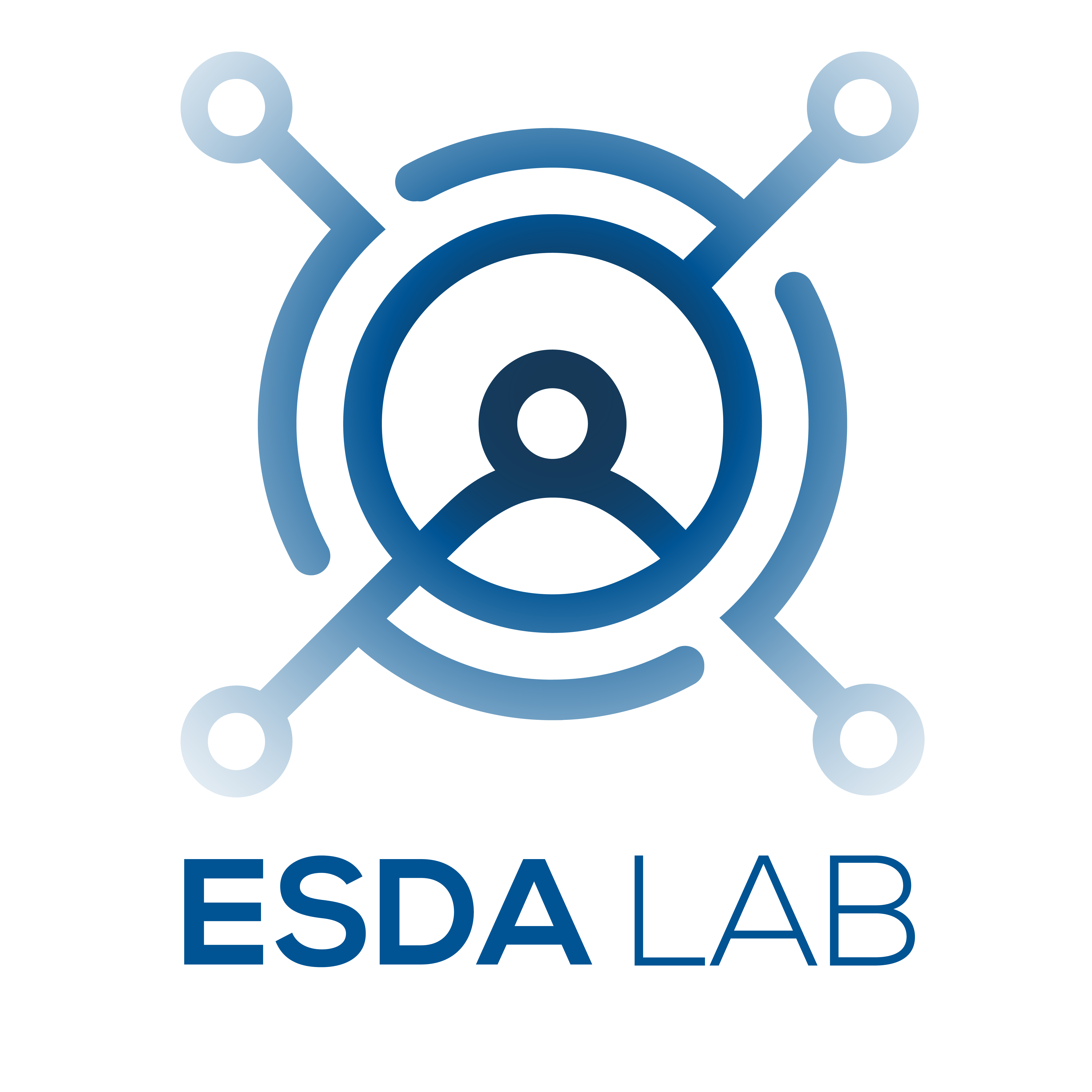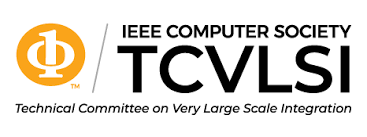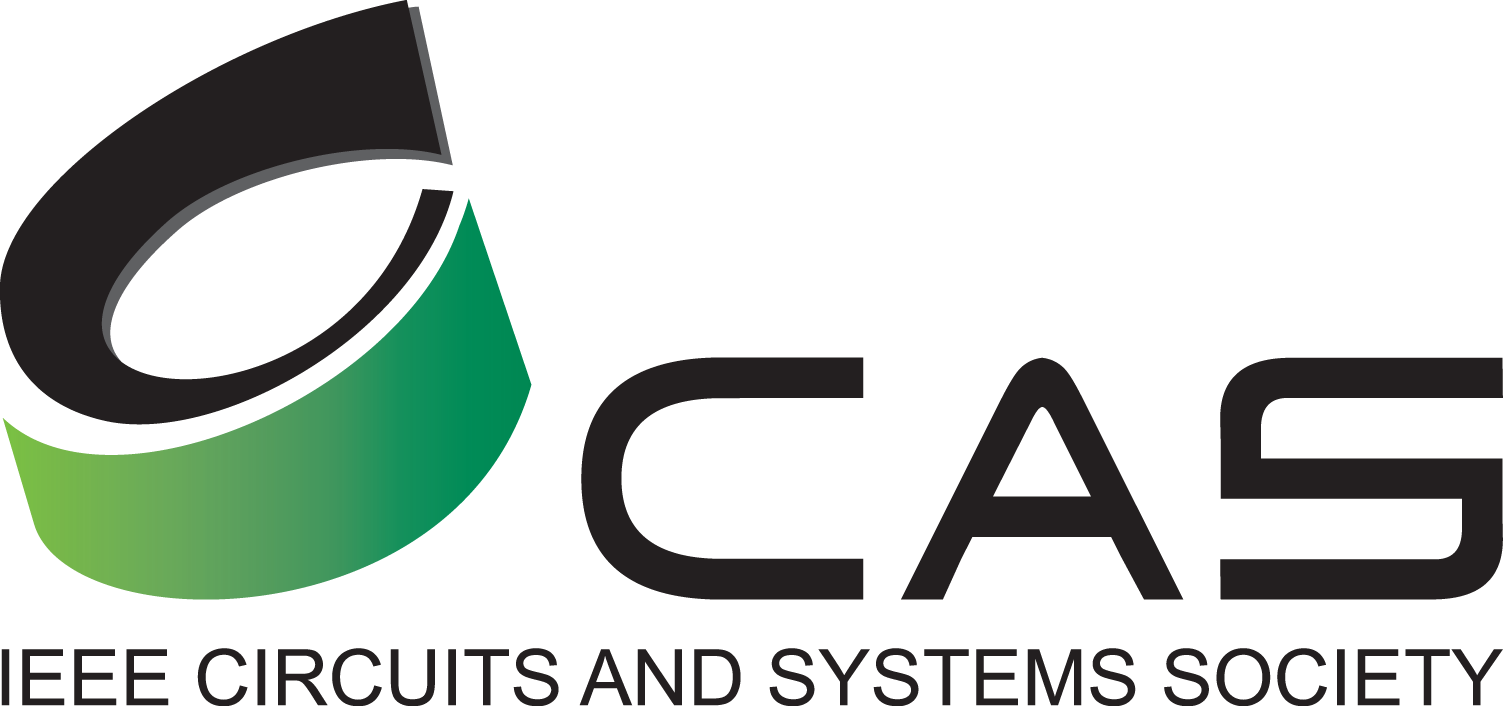ISVLSI 2025
The 2025 Symposium explores emerging trends and novel ideas and concepts covering a broad range of topics in the area of VLSI: from VLSI circuits, systems and design methods, to system level design issues, to bringing VLSI design to new areas and technologies such as nano- and molecular devices, security, artificial intelligence, and Internet-of-Things, etc. Future design methodologies and new EDA tools are also a key topic at the Symposium. Over three decades the Symposium has been a unique forum promoting multidisciplinary research and new visionary approaches in the area of VLSI, bringing together leading scientists and researchers from academia and industry. Accepted papers will be submitted for inclusion into IEEE Xplore subject to meeting IEEE Xplore’s scope and quality requirements. Selected high quality papers will be further invited for submission to a journal special issue. The Symposium has established a reputation in bringing together well-known international scientists as invited speakers. The emphasis on high quality will continue at this and future editions of the Symposium.
Contributions are sought in the following tracks:
- Circuits, Reliability, and Fault-Tolerance (CRT):
Analog/mixed-signal circuits design and testing, RF and communication circuits, adaptive circuits and interconnects, design for testability, online testing techniques, static and dynamic defect- and fault- recoverability, variation aware design, VLSI aspects of sensor and sensor network.
- Computer-Aided Design and Verification (CAD):
Hardware/software co-design, logic and behavioral synthesis, simulation and formal verification, physical design, signal integrity, power and thermal analysis, statistical approaches.
- Digital Circuits and FPGA based Designs (DCF):
Digital circuits, chaos/neural/fuzzy-logic circuits, high speed/low-power circuits, energy efficient circuits, near and sub-threshold circuits, memories, FPGA designs, FPGA based systems.
- Emerging and Post-CMOS Technologies (EPT):
Nanotechnology, molecular electronics, quantum devices, optical computing, spin-based computing, biologically-inspired computing, CNT, SET, RTD, QCA, reversible logic, and CAD tools for emerging technology devices and circuits.
- System Design and Security (SDS):
Structured and custom design methodologies, microprocessors/micro-architectures for performance and low power, embedded processors, analog/digital/mixed-signal systems, NoC, power and temperature aware designs, hardware security, cryptography, watermarking, and IP protection, TRNG and security-oriented circuits, PUF circuits.
- VLSI for Applied and Future Computing (AFC):
Neuromorphic and brain-inspired computing, quantum computing, circuits and architectures for machine learning and artificial intelligence, methodologies for on-chip learning, deep learning acceleration techniques, applications for and use-cases of learning systems, sensor and sensor network, electronics for Internet of Things and smart medical devices.
Selected papers from ISVLSI 2025 (main tracks & special sessions) will be invited for submission to
special issue on IEEE Transactions on Very Large Scale Integration (VLSI) Systems and ACM Journal on Emerging Technologies in Computing Systems. The selection process is based on reviewers' feedback and quality of conference presentation.
Extended versions of papers accepted in Quantum Computing Workshop will be invited to peer-reviewed journals such as ACM Transactions on Quantum Computing and Springer Nature Computer Science.
Important Dates
| Paper Submission Deadline: | February 10th, 2025
March 20th, 2025 (AoE) |
| Acceptance Notification: | May 10th, 2025 |
| Submission of Final Version: | May 30th, 2025 |
| Special Session Proposal Deadline: | March 15th, 2025 |


 [WEB].png)







